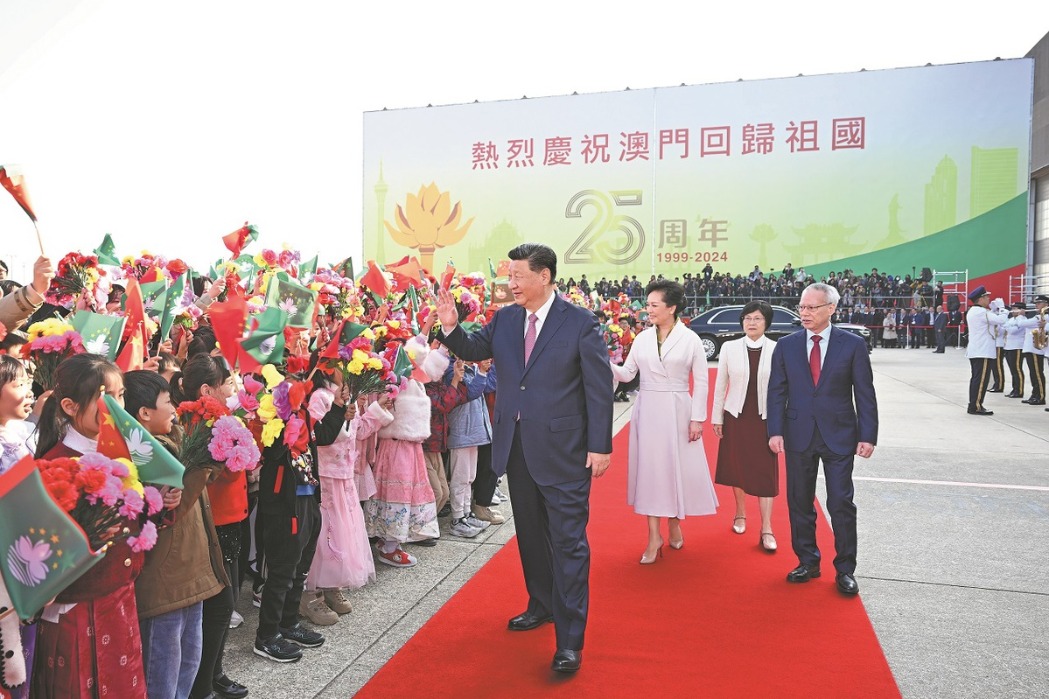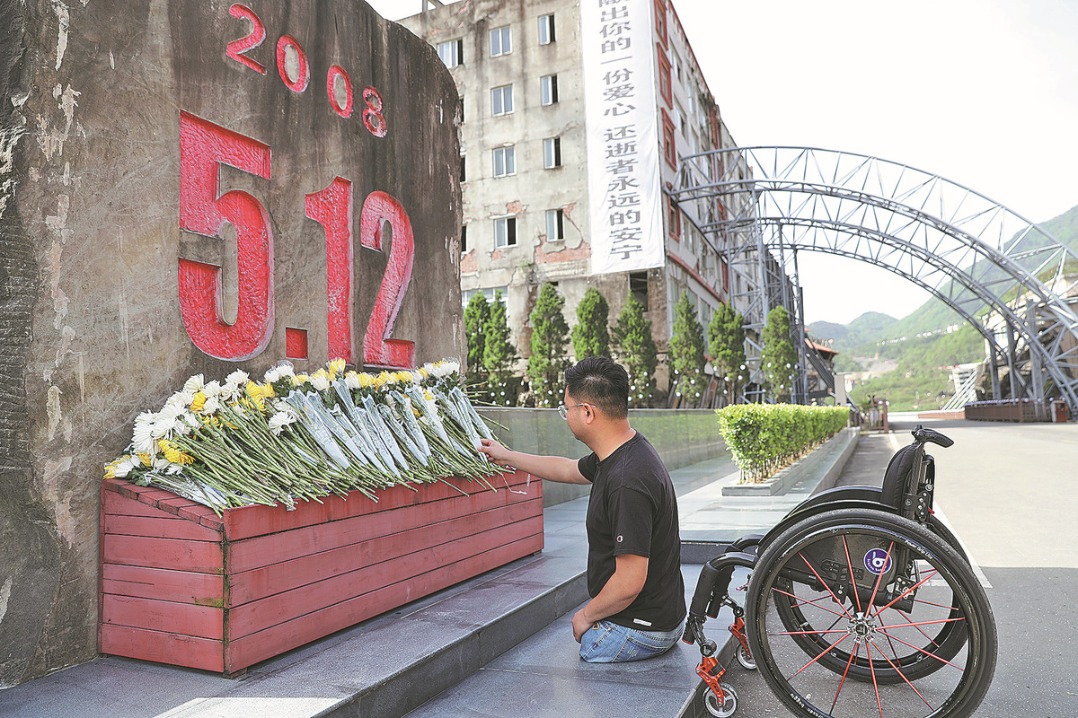Patchwork of legal issues poses problems
By HOU LIQIANG/LI YINGQING | China Daily | Updated: 2017-06-19 07:18
 |
| People in traditional costumes have their photos taken in Xizhou.HOU LIQIANG/CHINA DAILY |
These factors make it difficult to protect the houses, according to Zhao Qiuhua, deputy mayor of Xizhou, who added that the local government launched a pilot project last year to rent and transform some houses not included on cultural heritage lists into guesthouses as a means of protecting them.
However, it took about a year for the government to persuade the 17 families involved, some of which have settled overseas, to rent their sections of the houses, he said.
There are heavy restrictions on the use of buildings listed as cultural heritage sites for business purposes, and any changes have to be approved by the cultural heritage authorities.
Zhoucheng, another village in Xizhou, is also on the National Traditional Village list. It faces a similar situation. Some of the houses have been inherited by several generations of descendants, according to Duan Shusheng, deputy director of the Zhoucheng village committee.
The local Bai people say the properties have been passed down by their ancestors and they should keep them, even though some families have moved away. That makes it difficult for the village authorities to rent or buy the houses to develop tourism and to protect them. If left untended, the houses are more prone to dereliction, he added.
























